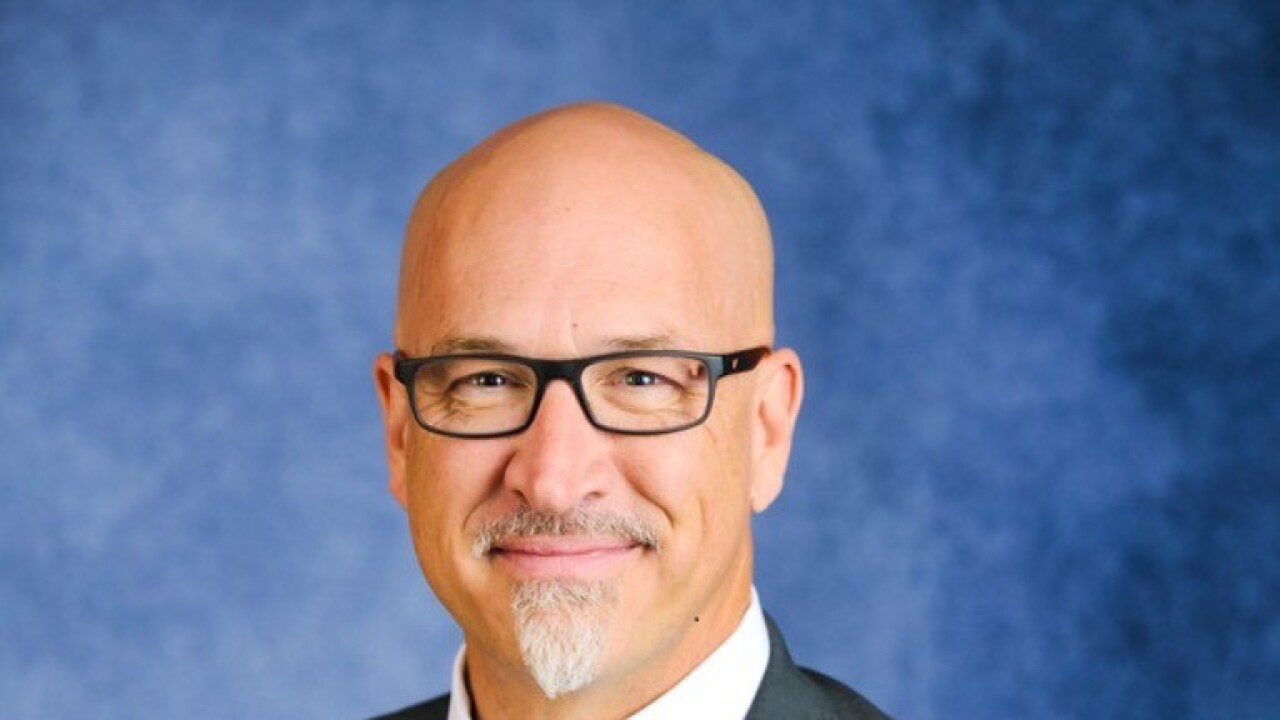(Bloomberg) – Health Republic Insurance of New York, the Affordable Care Act insurer that got $265 million in U.S. loans, will stop selling policies and eventually cease operations under orders from New York and federal regulators.
The insurer will be wound down because regulators found that it was likely to become financially insolvent, according to an e-mailed statement Friday from New York’s Department of Financial Services. The decision was made jointly by DFS, New York’s health-insurance marketplace and the federal Centers for Medicare & Medicaid Services.
“Given Health Republic’s financial situation, commencing an orderly wind down process before the upcoming open enrollment period is the best course of action,” Anthony Albanese, New York’s acting superintendent of financial services, said in the e-mail. Sixteen other insurers will sell health coverage on New York’s ACA marketplace this year, according to the statement.
Also see:
Health Republic, the No. 2 provider of health coverage to individuals on the state’s Affordable Care Act marketplace, is the latest insurer created under the ACA to face financial trouble. The 2010 law helped create the nonprofit co-ops to increase competition as millions of new customers went shopping for health insurance with U.S. subsidies.
“At some point in time, the co-ops have to turn around their core business,” said Deep Banerjee, an analyst at Standard & Poor’s. “Unless they’re able to turn around their core business, they won’t be able to generate capital.”
Kelly Crowe, CEO of the National Alliance of State Health CO-OPs said in a statement that “from practically their inception, health insurance CO-OPs have been hamstrung by both the structure of the program and the way in which the Affordable Care Act was implemented. Though it has become clear that initial capitalization levels for most CO-OPs were insufficient for the short term, regulatory obstacles have continued to make it virtually impossible for these CO-OPs to raise additional third party capital to support growth.”
Health Republic received $265 million of U.S. loans. It’s too soon to say how much, exactly, the company will be able to pay back, because it’s still taking in premiums and paying claims, but it’s unlikely that it will repay the full sum, Banerjee said.
Typically, insurers pay back doctors and hospitals before lenders. The company is also waiting to get funds it’s owed from the U.S. government under programs designed to help insurers selling coverage in the ACA’s first years, said Michael Fagan, Health Republic’s chief government relations and communications officer.
Also see:
Co-ops in Nevada and Louisiana also are closing after they fulfill obligations under policies they’ve already sold. CoOportunity Health, which sold coverage in Iowa and Nebraska, was taken over by Iowa’s insurance regulator this year.
“Since the passage of the ACA, we’ve seen increased competition and more choices for consumers,” Ben Wakana, a spokesman for the U.S. Department of Health & Human Services, said by e-mail. “Co-ops played an important role in that process, particularly in early years of the ACA. However, as a startup business, we recognize not all will succeed.”
Health Republic posted a net loss of $52.7 million in the first half of this year, after losing $77.5 million in 2014, according to a state regulatory filing.
Also see:
“While we are deeply disappointed with this outcome, we believe it is in
the best interests of our members,” Fagan said by email. “Starting a new insurance company is a daunting task in any environment, but the challenges placed on us by the structure of the CO-OP program, as enacted by a bitterly partisan congress, were simply too difficult to overcome.”
Health Republic provided health coverage for about 209,000 people at the end of June. Coverage for individuals will continue until their policies end on Dec. 31, and they can purchase new policies from other providers during the open-enrollment period that starts Nov. 1. Small-business plans, which don’t all end at the same time, also remain in effect, DFS said.





